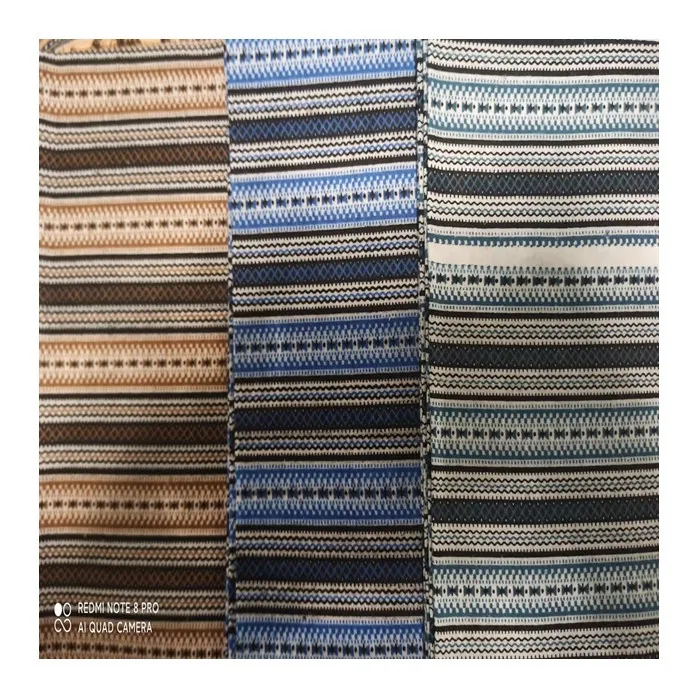
- Afrikaans
- Albanian
- Amharic
- Arabic
- Armenian
- Azerbaijani
- Basque
- Belarusian
- Bengali
- Bosnian
- Bulgarian
- Catalan
- Cebuano
- Corsican
- Croatian
- Czech
- Danish
- Dutch
- English
- Esperanto
- Estonian
- Finnish
- French
- Frisian
- Galician
- Georgian
- German
- Greek
- Gujarati
- haitian_creole
- hausa
- hawaiian
- Hebrew
- Hindi
- Miao
- Hungarian
- Icelandic
- igbo
- Indonesian
- irish
- Italian
- Japanese
- Javanese
- Kannada
- kazakh
- Khmer
- Rwandese
- Korean
- Kurdish
- Kyrgyz
- Lao
- Latin
- Latvian
- Lithuanian
- Luxembourgish
- Macedonian
- Malgashi
- Malay
- Malayalam
- Maltese
- Maori
- Marathi
- Mongolian
- Myanmar
- Nepali
- Norwegian
- Norwegian
- Occitan
- Pashto
- Persian
- Polish
- Portuguese
- Punjabi
- Romanian
- Russian
- Samoan
- scottish-gaelic
- Serbian
- Sesotho
- Shona
- Sindhi
- Sinhala
- Slovak
- Slovenian
- Somali
- Spanish
- Sundanese
- Swahili
- Swedish
- Tagalog
- Tajik
- Tamil
- Tatar
- Telugu
- Thai
- Turkish
- Turkmen
- Ukrainian
- Urdu
- Uighur
- Uzbek
- Vietnamese
- Welsh
- Bantu
- Yiddish
- Yoruba
- Zulu
recycled cotton suppliers
The Rise of Recycled Cotton Suppliers A Sustainable Future
In recent years, the fashion and textile industries have witnessed a growing consciousness toward sustainability. As more brands and consumers become aware of the environmental impact of their choices, recycled cotton has emerged as a viable alternative to conventional cotton. The rise of recycled cotton suppliers plays a crucial role in this transformative journey. By providing sustainable materials, they not only help reduce waste but also promote a circular economy within the textile sector.
Understanding Recycled Cotton
Recycled cotton is made by reprocessing discarded cotton garments or textile waste. Rather than being sent to landfills, this waste is collected, cleaned, and shredded to create new fibers. These fibers can then be spun into new yarns, which can ultimately be woven or knitted into fabrics. The process of recycling cotton requires significantly less water and energy compared to traditional cotton farming and processing. Moreover, it helps to mitigate the issues associated with cotton production, such as land degradation and pesticide use.
The Role of Suppliers in a Sustainable Ecosystem
Recycled cotton suppliers are pivotal in fostering a sustainable textile industry. They provide brands with high-quality recycled materials, making it easier for them to incorporate environmentally friendly practices into their supply chains. Many suppliers not only focus on the production of recycled cotton but also emphasize transparency and ethical practices in their operations.
These suppliers often collaborate with manufacturers and designers to create custom blends and fabric compositions that meet specific aesthetic and functional requirements. By doing so, they enable brands to maintain creativity and innovation while adhering to sustainability goals. This collaborative approach is essential in building a more responsible fashion ecosystem.
Benefits of Using Recycled Cotton
recycled cotton suppliers

The advantages of recycled cotton are manifold. Firstly, it drastically reduces the amount of waste sent to landfills. According to the Ellen MacArthur Foundation, approximately 92 million tons of textile waste is generated each year, most of which is non-biodegradable. By utilizing recycled cotton, brands can significantly decrease their environmental footprint.
Secondly, recycled cotton has a lower carbon footprint. Traditional cotton production is resource-intensive, contributing to pollution and greenhouse gas emissions. In contrast, the recycling process generally involves fewer emissions, thereby playing a part in combating climate change.
Additionally, using recycled materials can enhance a brand's reputation, particularly among environmentally conscious consumers. Today’s consumers, especially millennials and Generation Z, actively seek brands that prioritize sustainability. By choosing recycled cotton, brands can align their values with those of their consumers, fostering loyalty and trust.
Challenges and Innovations in Recycled Cotton Production
While the benefits of recycled cotton are clear, there are challenges that suppliers and manufacturers face. One significant issue is the quality of recycled fibers. Historically, recycled cotton had a reputation for being lower quality compared to virgin cotton. However, advancements in technology and recycling techniques have greatly improved the quality and versatility of recycled fibers.
Innovations such as blending recycled cotton with other materials, like polyester or organic cotton, have enabled suppliers to create durable fabrics suitable for various applications. Furthermore, agencies and organizations are investing in research to develop more efficient recycling methods that can process a wider range of textile waste, broadening the scope of recycled materials available in the market.
Conclusion
As the demand for sustainable fashion continues to grow, recycled cotton suppliers will play an increasingly critical role in the industry. By providing high-quality, eco-friendly materials, they enable brands to reduce their environmental impact while maintaining style and quality. The evolution of recycled cotton represents a pivotal shift toward a circular economy, and with continued innovation and collaboration, it has the potential to revolutionize the textile industry for the better. Leveraging recycled cotton is not just a trend; it’s a necessary step toward ensuring a sustainable future for our planet and future generations.
-
The Versatility and Elegance of White Cotton Poplin FabricNewsJun.23,2025
-
The Luxurious Comfort of Carded CottonNewsJun.23,2025
-
Explore the Luxurious Comfort of Cotton Flannel ClothNewsJun.23,2025
-
Discover the Versatility of Cotton Poplin ClothNewsJun.23,2025
-
Bleach Cotton FabricNewsJun.23,2025
-
100 Cotton BlendNewsJun.23,2025
-
Versatile Elegance with Poplin Fabric for SaleNewsMay.15,2025
